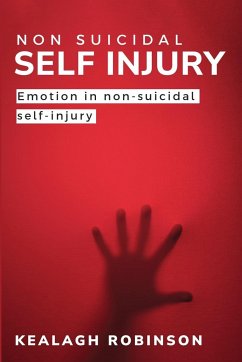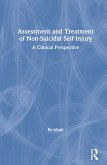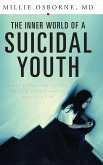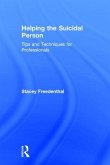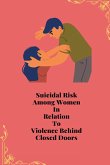People who engage in non-suicidal self-injury (NSSI) report doing so largely to manage overwhelming emotions. Prominent theories of NSSI argue that an amplified emotional response system creates the context in which a person chooses to regulate their emotions by engaging in NSSI. In line with these theories, people who engage in NSSI consistently report greater global emotion reactivity and emotion dysregulation than do controls. These global self-reports of emotional functioning also predict the onset and cessation of NSSI, demonstrating their considerable utility in understanding the behaviour. However, global self-reports provide an overall evaluation of one's average affective experience and so are ill-suited to isolating precise alterations in emotional responding. I first establish how best to assess NSSI (Study 1a and 1b). I then leverage experimental affective science and individual differences methodologies to test whether NSSI is characterised by a more reactive and intense emotional response to challenge, and/or whether factors that help to create, modify, and later recall the emotional response are altered in those who engage in NSSI compared with controls. Study 2 compared how young adults with a past-year history of NSSI and controls subjectively and physiologically reacted to, and recovered from, acute stress. Study 3 compared how young adults with a past-year history of NSSI and controls subjectively reacted to both explicit and more ambiguous social exclusion.

